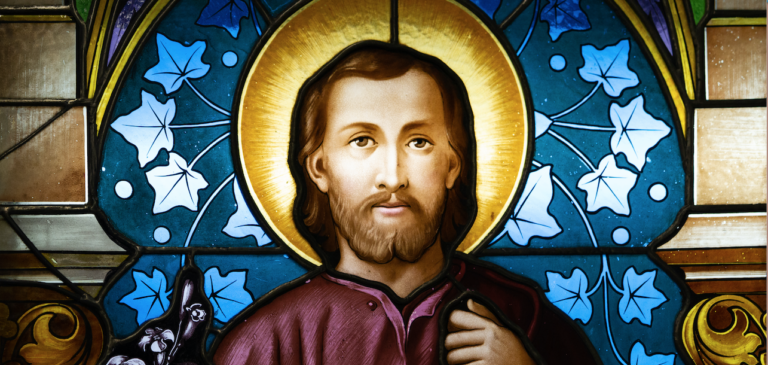
Tenuous Unity? National Bishops Conferences and the College of Bishops
If the gathering of bishops in Rome for the 2014 Synod of the Family last fall was not dramatic enough, we might be in for quite a surprise at this year’s synod. Already controversy surrounds the upcoming synod and the tension among many of the Church’s hierarchy is palpable. It’s almost certain, barring any embargo on synod updates by the Vatican, that the Synod on the Family 2015 will be perhaps the most dramatic gathering of bishops since the Second Vatican Council.
Remarks made by the president of the German Bishop’s Conference, Cardinal Reinhard Marx, recently have sparked intense debate among Catholics—lay and ordained alike—about the authority of national bishops conferences regarding faith and morals. It is reported that in a press conference following a gathering of the German bishops that Cardinal Marx remarked “We are not a branch of Rome. Each conference of bishops is responsible for pastoral care in its cultural context and must preach the Gospel in its own, original way. We cannot wait for a synod to tell us how we have to shape pastoral care for marriage and family here.” The cardinal’s statement has led many to wonder about the authority of national conferences in matters of discipline and Church teaching.
Within hours and days of Cardinal Marx’s statement, several high-ranking churchmen have openly challenged his thought. Fellow German Cardinals Paul Cordes and Gerhard Ludwig Müller openly shared with German and French media their disagreement with Marx’s comments. Both expressed serious concern, even condemnation, of the idea that a national conference could rule on doctrinal or disciplinary matters.
Officially, national conferences do not hold magisterial authority. In fact, every decision made by a conference of bishops must receive a recognitio from the Apostolic See (Apostolos Suos, §18). The understanding is that the ministry of a bishop is exercised in unity with the College of Bishops and the Bishop of Rome. In essence, Cordes and Müller seek to maintain the Church’s understanding of episcopal ministry.
Yet the cardinals cannot quell the bishops’ public debate around these matters. And that is what is really at stake in the current discussion about the Church’s teaching on marriage and divorce. Many churchmen would much prefer that bishops’—and even priests’—opinions on these matters remain private and contained within the context of their meetings. Modern media and some bishops’ willingness to share will likely undermine the efforts of many to keep internal debate from going public. That was certainly true during the Second Vatican Council and it will likely be so over the next few months. For those of us observing the synodal proceedings, the next few months will indeed be dramatic.
-Don Beyers, Relationship Manager and Acquisitions Editor


